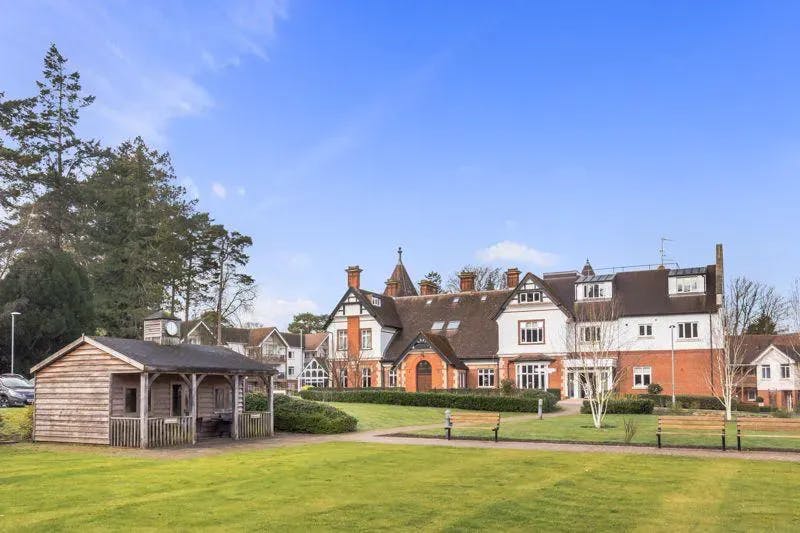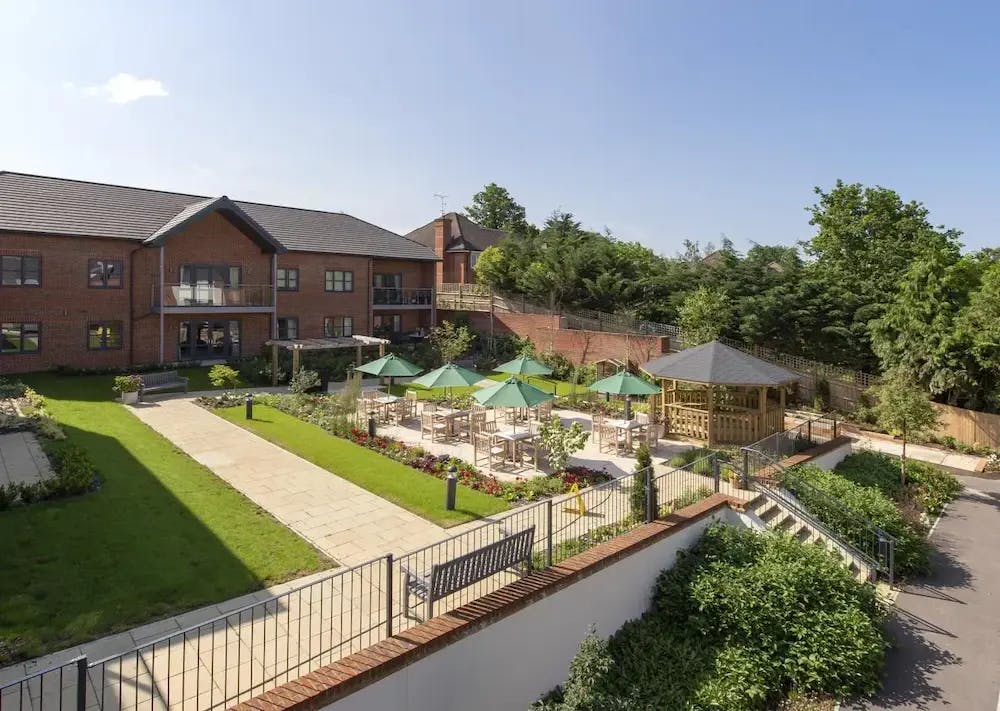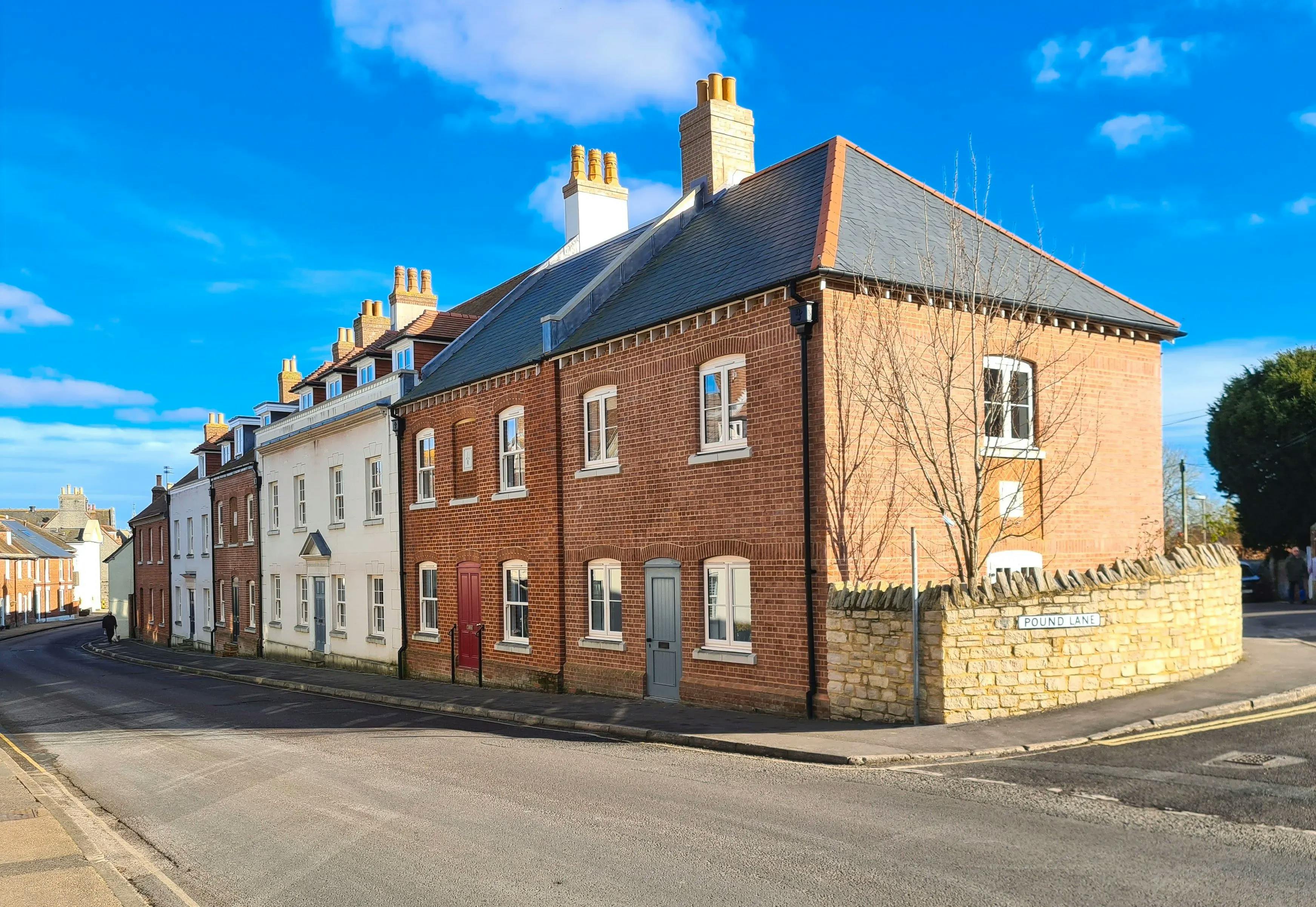Retirement Guides
Knowing where to live when you retire is a hugely important and often tricky choice. What's more,this significant event can often raise several other questions and queries, including how to prepare for retirement and the best age to retire at.
Our guides help retirees figure out the next best step through a range of retirement living articles that cover topics including retirement villages, the best places to retire in the UK and much more.

Here Are Lottie's 13 Retirement Homes To Watch In 2025
Here are Lottie's retirement homes to watch in 2025. Luxurious facilities and friendly communities of like-minded individuals make these homes so desirable.

Discover the 11 Best McCarthy Stone Resales Retirement Properties in the UK
McCarthy Stone is one of the biggest retirement resale property providers, so we’ve rounded up the best McCarthy Stone Resales retirement properties in the UK.

The 11 Best City Retirement Homes For An Urban Lifestyle In Later Life
From public transport links to cultural attractions, retiring in the city can be a brilliant decision. We’ve rounded up 11 of the best city retirement homes.

Countryside Retirement - The Best Retirement Homes In The Countryside
We’ve rounded up some of the best retirement homes in the countryside and have explained the numerous benefits of a countryside retirement lifestyle.

ARCO UK - Representing the UK Integrated Retirement Community Sector
ARCO represents the UK’s Integrated Retirement Community sector. We’ve explained what ARCO do and have highlighted some amazing ARCO-partnered retirement homes.

Find Senior Independent Living Near You | Our Best Homes
Independent living allows you to continue leading an independent lifestyle in later life. We've highlighted independent living properties throughout the UK.

Find Assisted Living Facilities Near You | 10 Best UK Properties
Assisted living facilities and homes support residents with day-to-day tasks, along with personal care if needed. Find assisted living properties here.

6 Best Retirement Flats To Rent in the UK
From Riverstone Living to McCarthy Stone, we've rounded up the 6 best retirement flats to rent in the UK, including in the hotspots of Devon and Yorkshire.

10 Best Retirement Flats For Sale In The UK
We've gathered up 10 of the best retirement flats for sale in the UK. Here, you’ll have lots of opportunities to socialise with similarly-aged residents.

12 Best Over 55 Retirement Bungalows To Rent Or Buy in the UK
Retirement bungalows offer a brilliant environment for older adults to unwind. Here, we’ve gathered 12 of the best over 55 retirement bungalows to rent or buy.

What is Sheltered Housing? Supported Living For Older Adults
Specifically designed for older adults, sheltered housing allows you to stay independent while knowing that help and support are available if required.

The 11 Best Retirement Rental Properties in the UK
The popularity of retirement properties and homes has surged in recent years. Here, we've highlighted 11 of the best retirement rental properties in the UK.

What is Warden Controlled Housing?
Warden-controlled housing is an option for older adults who require additional care. Here, we’ve explained exactly what warden controlled housing is.

Deferred Management Fees | How They Work In Retirement Properties
A deferred management fee becomes payable when you permanently vacate a retirement home. We’ve explained what deferred management fees are and how they work.

10 Best Retirement Villages By the Sea - Amazing Coastal Destinations
England boasts some idyllic seaside resorts. If you're nearing retirement and love the coast then check out our 10 best retirement villages by the sea!

‘Unretirement’ Is on the Rise Amongst Elderly Workers Across the UK
New research has found a surge of older workers returning to work after retiring. The cost-of-living crisis and a desire to keep busy has led ‘unretirement’.

Where is the Best Place to Retire in the UK? Our Top 7 Picks
Our new research has analysed several lifestyle factors that are crucial later in life to reveal the happiest and best retirement locations across the UK.

The Average Retirement Home Costs in the UK (2025)
Here's how much retirement homes cost up and down the UK, along with the additional fees that go with owning a retirement home.

Are Retirement Homes a Good Investment?
Here, we’re taking a look at whether retirement homes are a good investment and what the future of UK retirement living looks like.

What Is a Retirement Home? Everything You Need to Know
Retirement homes can provide a safe and luxurious environment for retirees. Learn more about the different types of retirement homes and their benefits.

